Hundreds of Washington, D.C., residents could soon lose their federal housing assistance as the Emergency Housing Voucher (EHV) program, a pandemic-era initiative created to combat homelessness, approaches the end of its funding.
Federal Support Fading Fast
The D.C. Housing Authority (DCHA) confirmed that it received notification from the U.S. Department of Housing and Urban Development (HUD) in March 2025 that the EHV program will run out of funds in 2026, cutting short the timeline originally projected to last until the end of the decade. In response, HUD halted the issuance of new vouchers as of April 9, 2025, directing agencies to conserve remaining resources for current voucher holders.
The EHV program, part of President Joe Biden’s 2021 American Rescue Plan, was a $5 billion national initiative aimed at supporting individuals and families experiencing homelessness or fleeing domestic violence, human trafficking, or sexual assault. In D.C., 588 households have benefited from these vouchers. Without continued assistance, experts warn that homelessness in the District could rise by as much as 13%.
No Plan B for Vulnerable Residents
Kim Johnson, policy manager at the National Low Income Housing Coalition, called the cuts “tragic,” noting that the people served by EHV are often at the highest risk of housing insecurity.
“They don’t have a plan B,” Johnson said. “Without this assistance, they’re going to be thrust back into housing instability and, in the worst cases, homelessness.”
DCHA spokesperson Alison Burdo confirmed that all applicants who were confirmed before the April 9 deadline had been issued vouchers and are in the leasing process. But no new applicants are being considered as the agency focuses on sustaining current recipients with the limited funds remaining.
Skyrocketing Rents Add Pressure
The looming loss of federal support coincides with sharp increases in rent throughout the District. From 2023 to 2024, average rents rose 12%, the highest among major U.S. metropolitan areas.
Local safety net programs are also scaling back. For instance, Rapid Rehousing has paused new applicants for the fiscal year, and the Emergency Rental Assistance Program is running low on funds. The convergence of these challenges places immense strain on D.C.’s lowest-income households.
Why the Program Is Ending Early
According to HUD, rising rent prices contributed to the faster-than-expected depletion of EHV funding. Agencies, anticipating continued federal support, issued more vouchers than originally projected, assuming Congress would replenish funds.
Steve Berg, chief policy officer at the National Alliance to End Homelessness, noted that housing agencies may have unintentionally overspent, hoping for additional support that never came.
“The bigger reason is they just put out more vouchers than Congress had originally thought they were going to put out,” Berg explained.
Local and state governments, including D.C., are now left scrambling to absorb the impact. However, many are dealing with budgetary shortfalls of their own.
“In many communities, it’s a bad year for local funding as well,” Berg added.
Cuts at Every Level of Government
The federal housing crisis is set to deepen further with President Donald Trump’s proposed FY 2026 budget, which calls for a 45% cut to HUD funding, slashing $26.2 billion from rental assistance programs. The proposal also seeks to eliminate Section 8, replacing it with state-controlled programs to be designed individually.
In parallel, Mayor Muriel Bowser’s FY 2026 D.C. budget proposal includes a $3.3 million cut to the city’s Permanent Supportive Housing (PSH) program. Additionally, proposed changes to Medicaid eligibility could leave over 25,000 residents without healthcare coverage. Under the plan, childless adults and caregivers earning over $21,597 per year would no longer qualify for Medicaid.
These combined reductions in housing, healthcare, and social programs threaten to push more families to the brink.
Advocates Push for Intervention
Housing advocates say Congress could still act to extend EHV funding, but political appetite appears weak. With federal belt-tightening underway, many lawmakers are hesitant to back large-scale social programs.
“The challenge now is convincing lawmakers that housing assistance remains critical,” Johnson said. “Even if they don’t fund EHVs directly, they need to support other programs that fill the gap.”
Locally, Councilmember At-Large Robert White, chair of the Committee on Housing, has suggested adjustments to the mayor’s housing cuts but has not proposed additional funding for vouchers. Meanwhile, Councilmember Christina Henderson’s Committee on Health has recommended a new initiative to help those losing Medicaid maintain coverage, although details remain limited.
Consequences Beyond Housing
Johnson emphasized that losing housing aid could have far-reaching impacts. Families forced to spend more on rent will have less for food, transportation, and healthcare. Without government assistance, these pressures can spiral into long-term poverty and instability.
“We’re just putting more and more pressure on these households,” she said. “They simply don’t have the money to make these ends meet without additional help.”
Uncertain Future for Voucher Holders
For now, families who already have EHV vouchers will continue to receive assistance until the DCHA’s funds run out — but that deadline is rapidly approaching.
With no new federal funding in sight and limited support from local programs, hundreds of D.C. households could face eviction and renewed homelessness in the coming year.
As local officials debate budget priorities and federal lawmakers weigh the future of HUD programs, one thing remains clear: the lives of hundreds of D.C. residents hang in the balance.

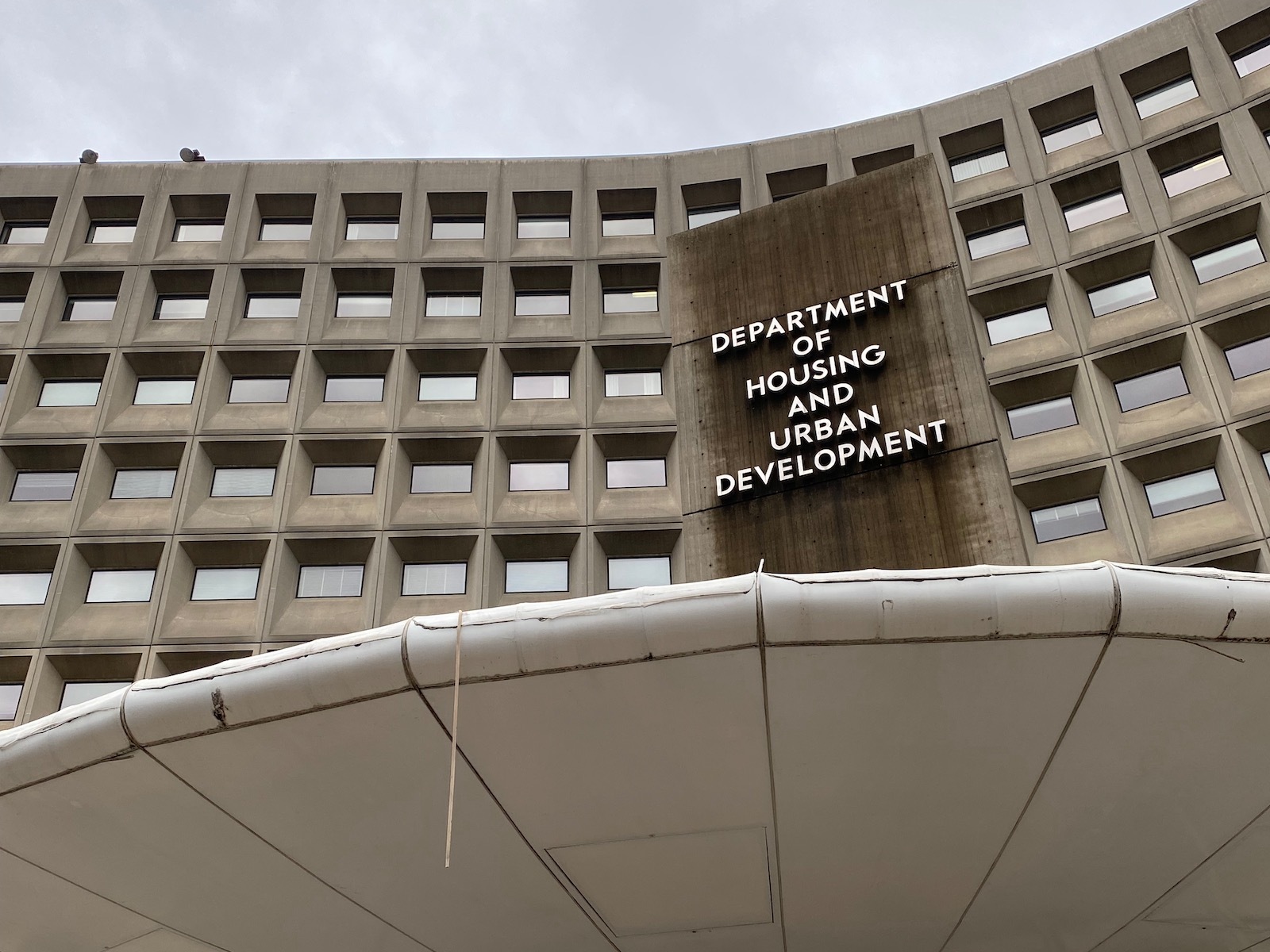


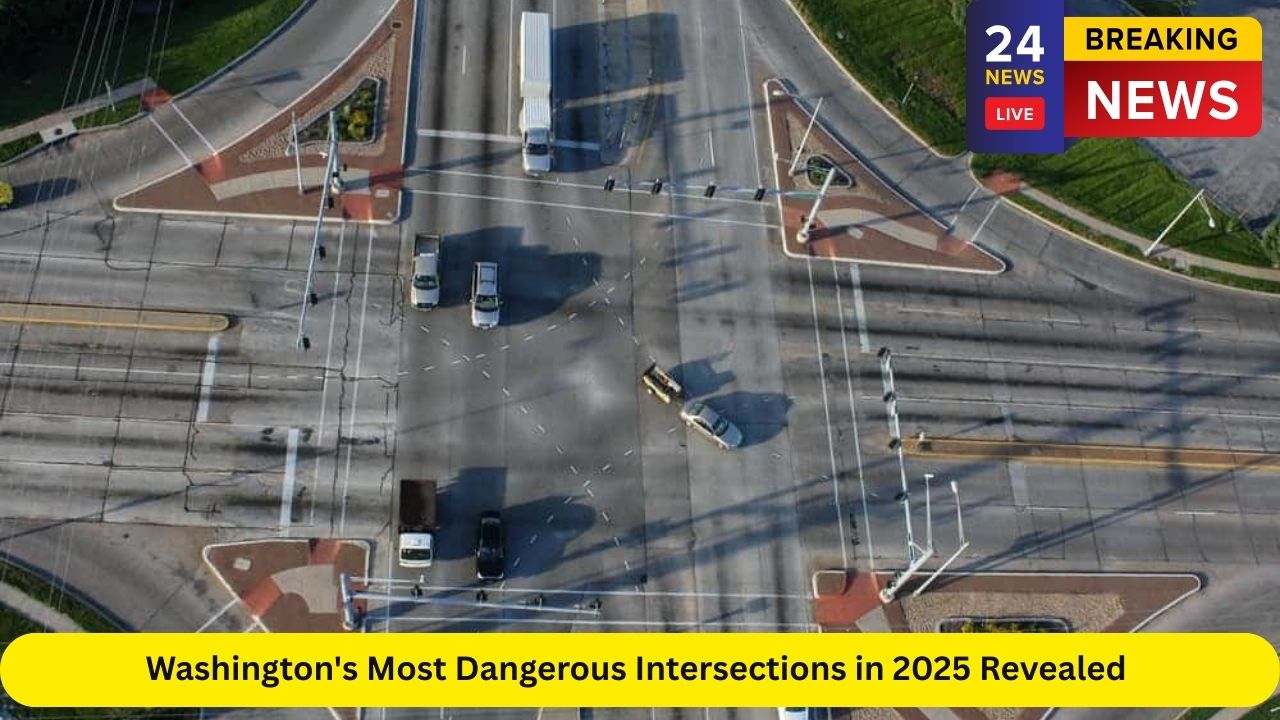

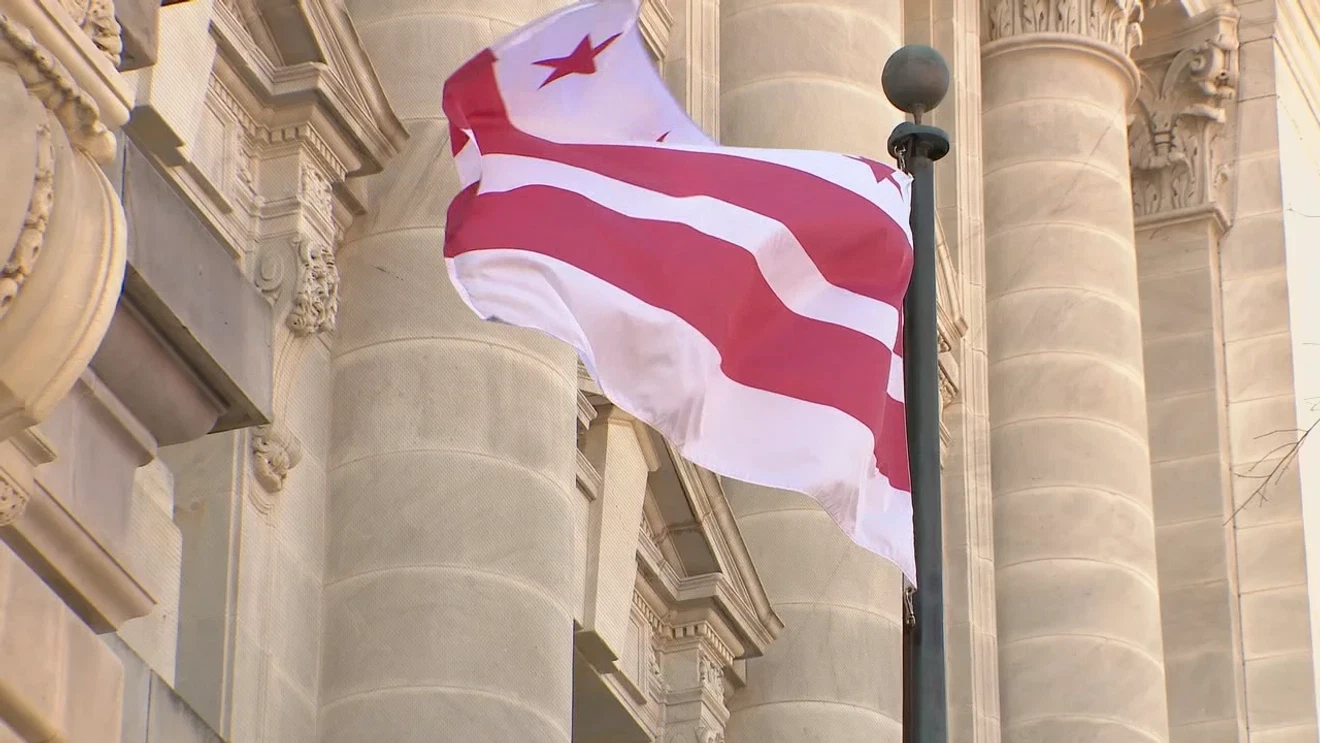

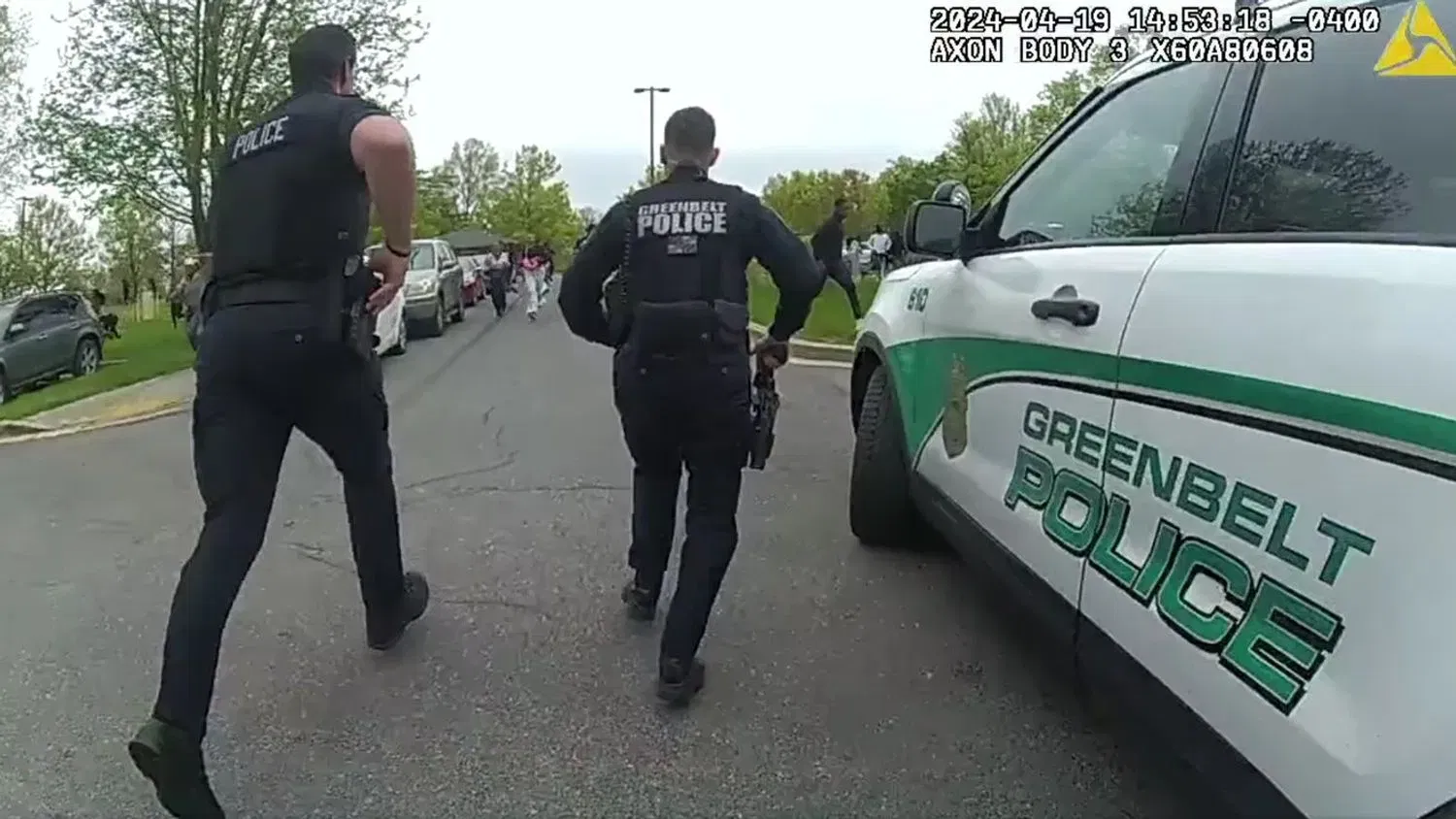

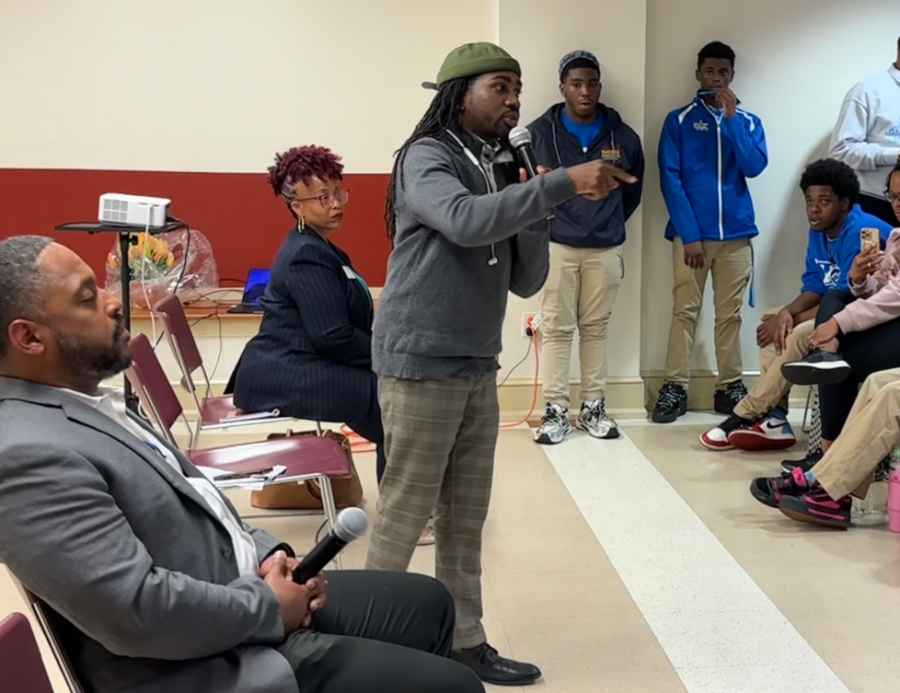

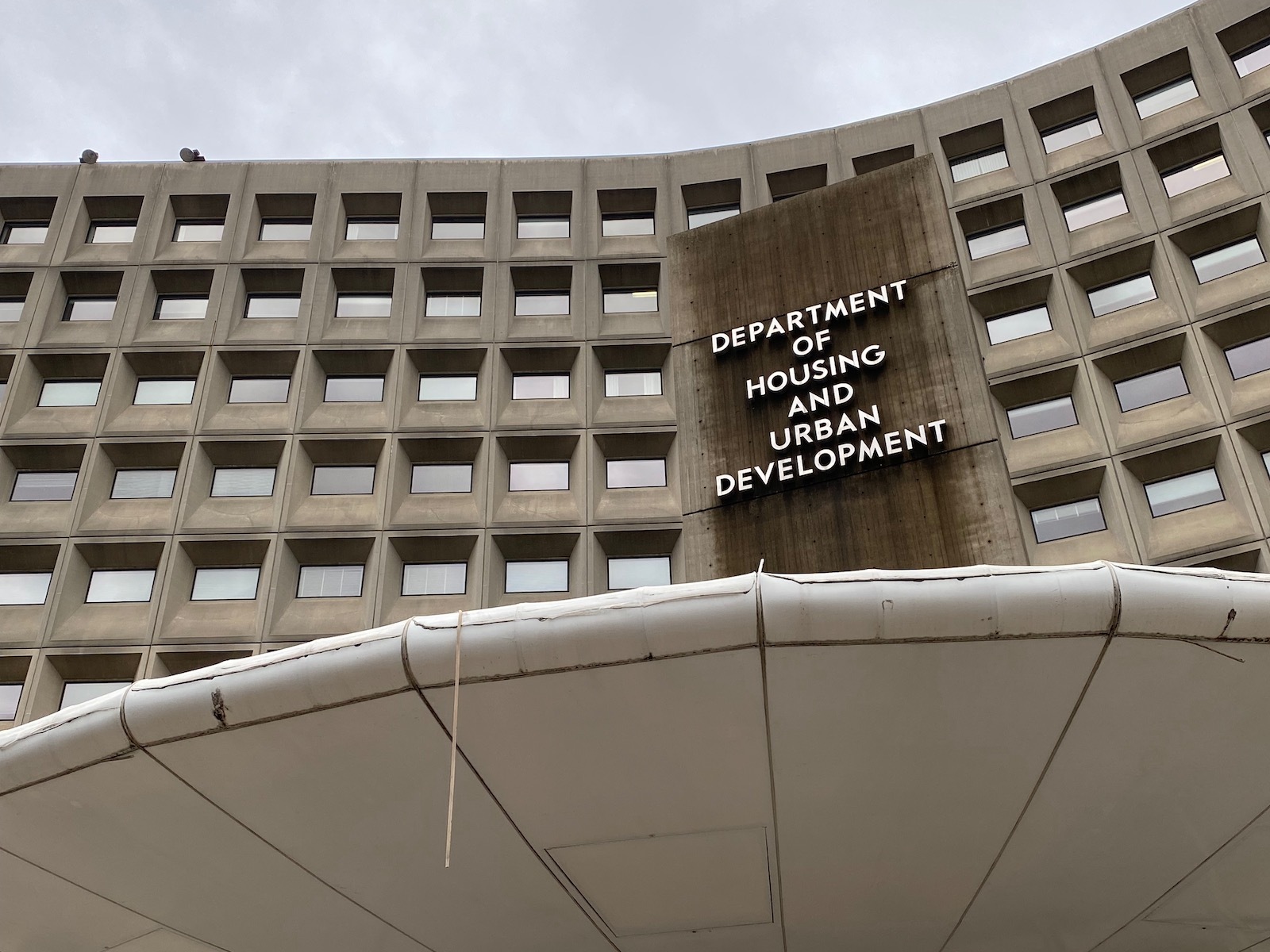
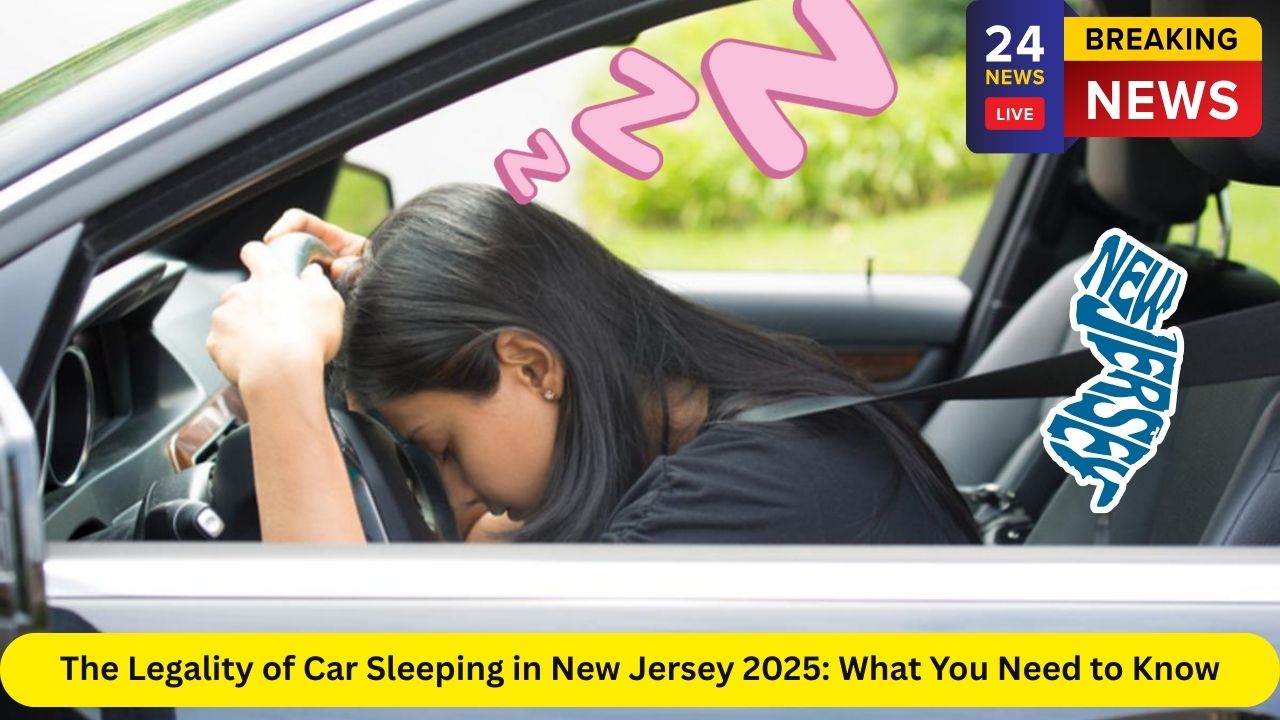
Leave a Reply